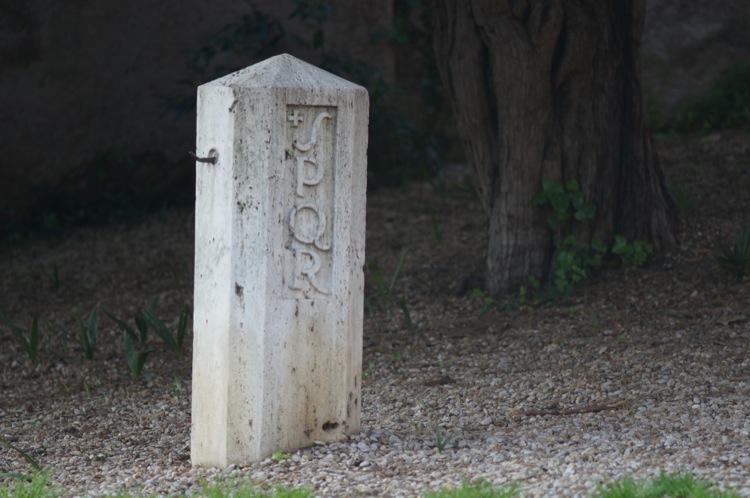
This morning I went for a dawdling walk to play with my new toy: an adapter that lets me put my old, manual Minolta lenses on my shiny, automatic Sony camera. (There's a set on Flickr, completely unprocessed, if you want to see more). It was fun, for all sorts of reasons. Like, having to fiddle with aperture, shutter speed and focus. The camera does a brilliant job automatically, but it is also gratifying to make decisions.
